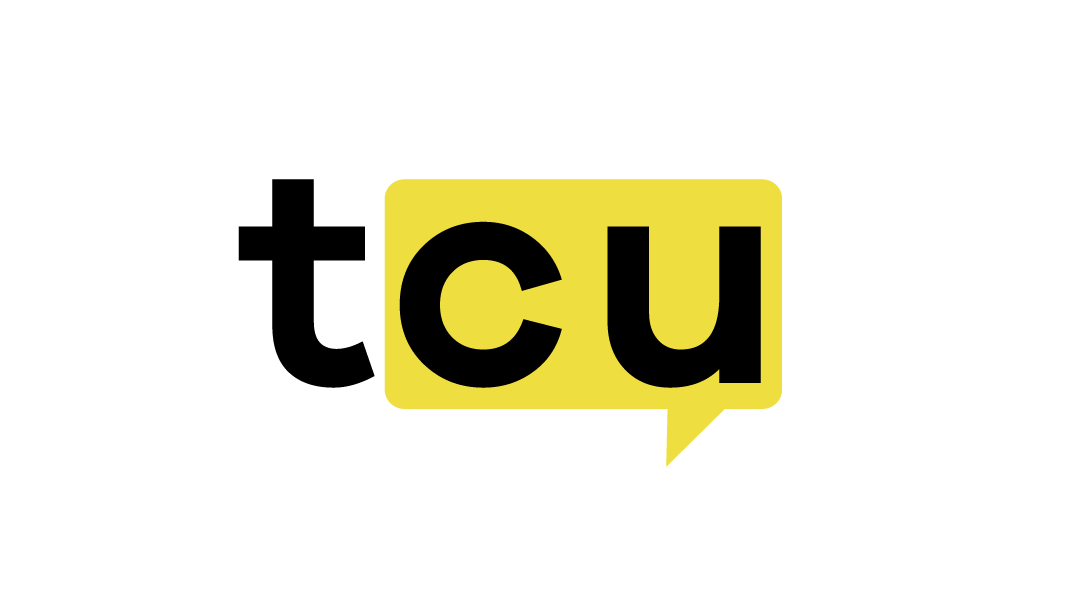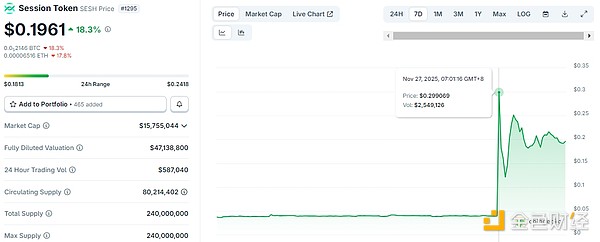Well, it looks like Tether is making some changes to its original plan. A year back, the company said it would completely stop supporting USDT on five smaller blockchain networks—Omni, Bitcoin Cash SLP, Kusama, EOS, and Algorand—by September 1st, 2025. That included freezing smart contracts, which would’ve basically locked things up for good.
But after hearing from users and developers, they’ve walked that part back. Smart contracts on those chains won’t be frozen after all. That’s a pretty significant shift, and it probably comes as a relief to people still operating on those platforms.
What’s Actually Changing
So here’s the deal. Come next year, Tether will officially stop its direct involvement with those five networks. That means no new USDT will be issued directly on them, and you won’t be able to get refunds through Tether itself. Their official support channels will focus elsewhere.
However—and this is important—you’ll still be able to move your existing USDT around on those blockchains. The tokens aren’t being frozen or rendered useless. They just won’t be under Tether’s wing anymore. It’s a subtle difference, but for people holding assets on those chains, it matters.
Why This Move Makes Sense for Tether
Tether says this is all about focusing energy on ecosystems that have more activity. They’re looking at where developers are building, what networks can handle scale, and frankly, where people are actually using USDT the most. It’s a practical move, not necessarily a controversial one.
They’ve promised to keep talking with the community as things progress. Whether that happens smoothly, we’ll have to see. But it’s clear they’re trying to avoid leaving users completely stranded.
The Bigger Picture: Fees and Competition
This all comes at a time when Tether is pushing its own fee-free blockchain. And interestingly, not long after that news, Tron—which handles a huge chunk of USDT transactions—slashed its fees, too. It feels like the market is reacting, whether directly or not.
It makes you wonder if we’re heading toward a fee war, or just a slow consolidation around a few major players. For now, though, users on the less popular chains have at least avoided a worst-case scenario.




